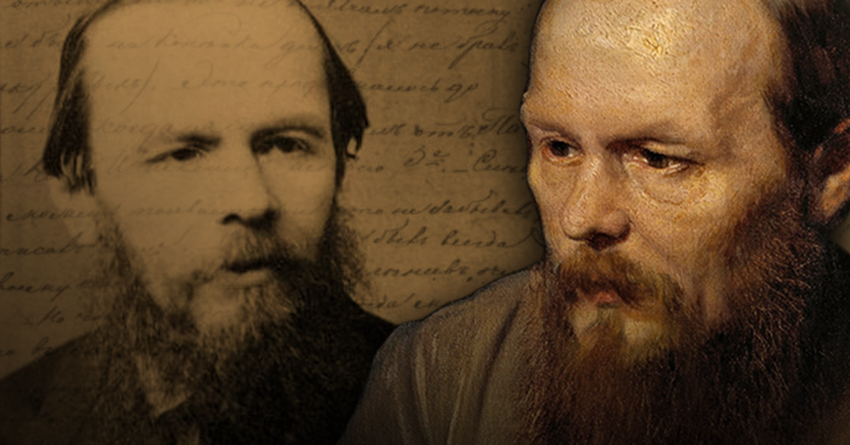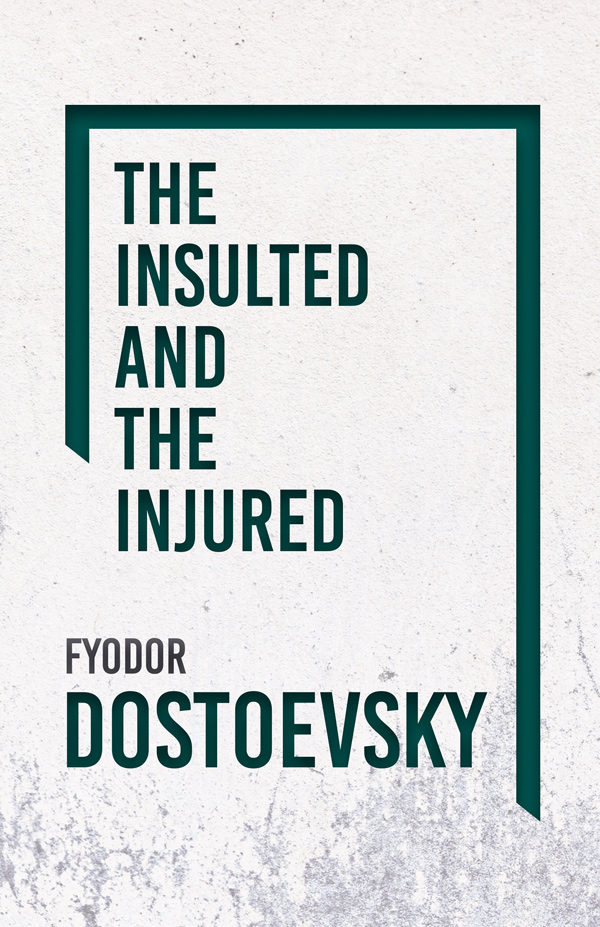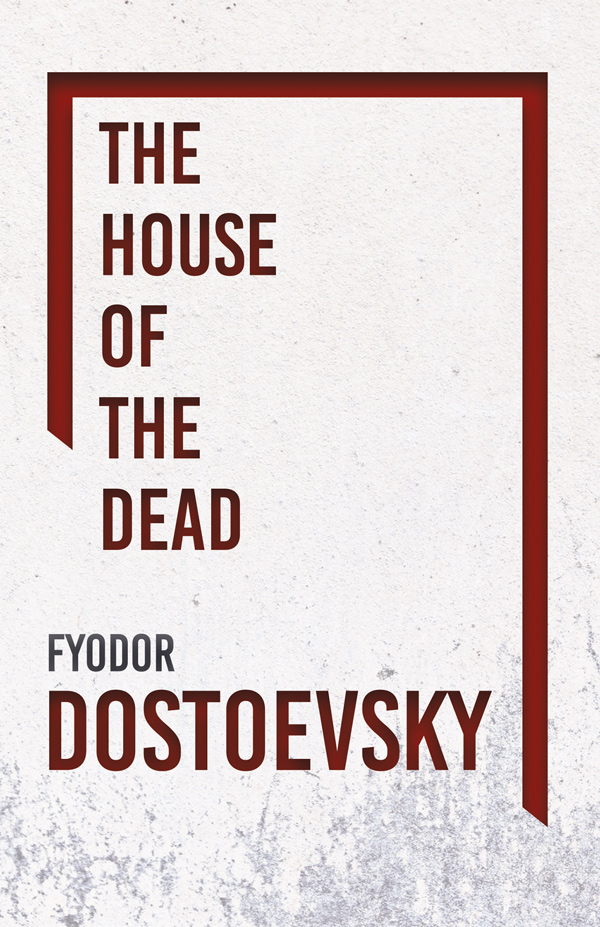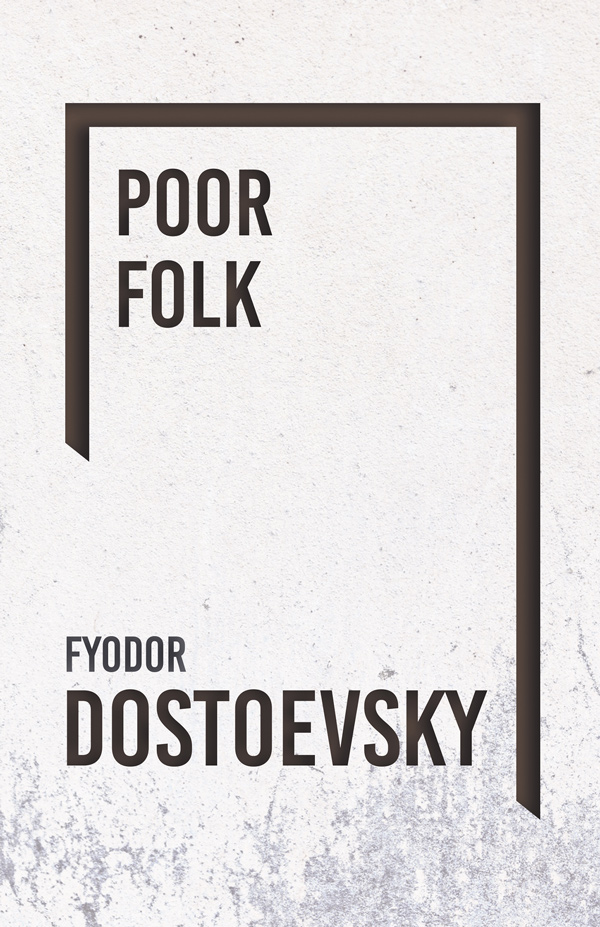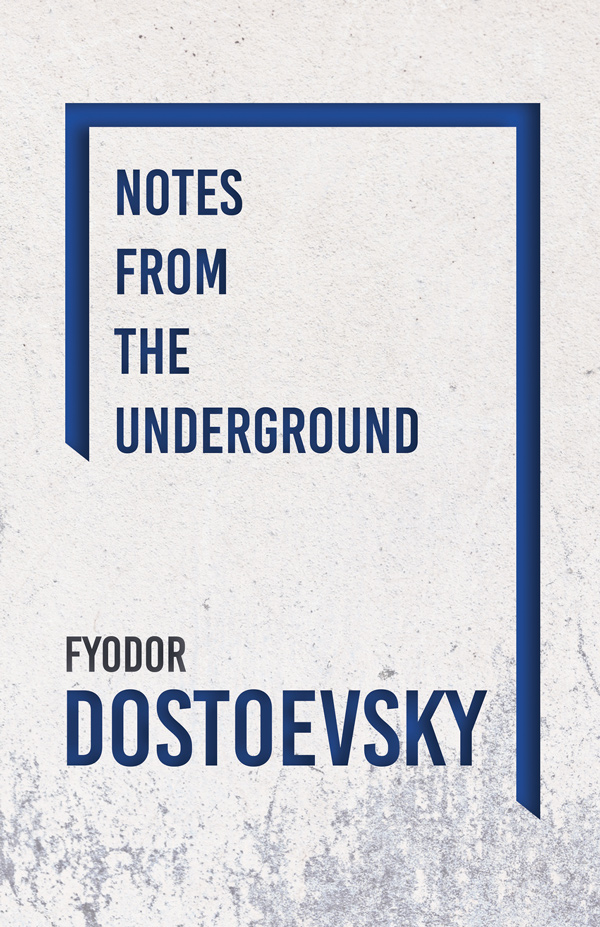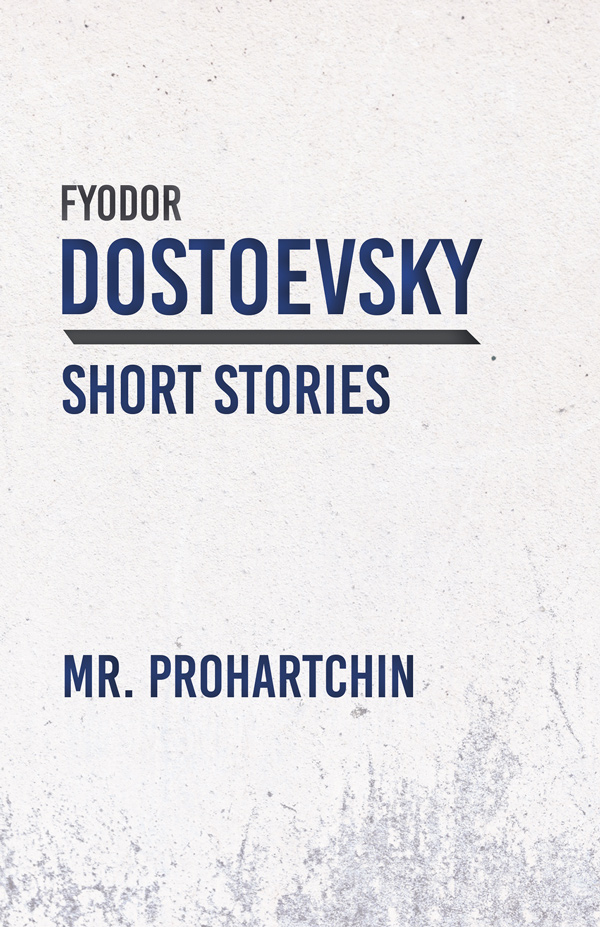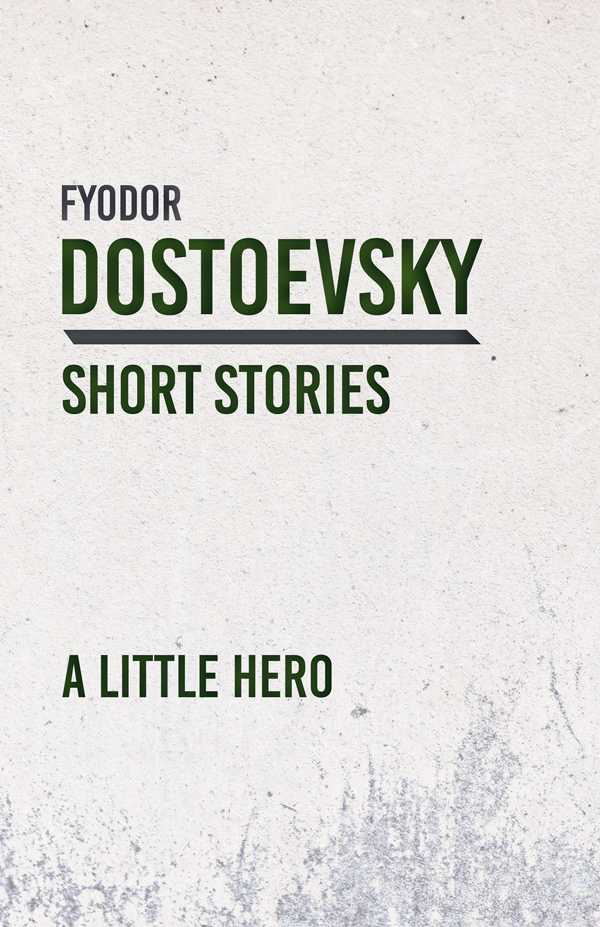Fyodor Dostoevsky - Russian Writer and Philosopher
Fyodor Dostoevsky was a Russian novelist, short story and essay writer, theologian and philosopher. Born in Moscow in 1821, he lived a turbulent life, spending a period in prison, narrowly escaping execution, and struggling with an ever-present gambling addiction.
Famous for his tragic explorations of social, political and spiritual troubles in 19th century Russia, his work has gone on to cement his standing as a true master of Russian literature. In celebration of his 200th birthday, immerse yourself in the dark world of Dostoevsky and learn more about the influence behind his greatest works below.
‘The novels of Dostoevsky are seething whirlpools, gyrating sandstorms, waterspouts which hiss and boil and suck us in. They are composed purely and wholly of the stuff of the soul.’
The Life of Dostoevsky
Born 11th November 1821, Fyodor Dostoevsky was the second child of Dr Mikhail and Maria Dostoevsky. He was raised just outside Moscow in the family’s house located inside the hospital for the poor his father worked at. Enduring a well-educated childhood, he learnt to read and write from the age of four using the Bible and cultivated a love of literature with Russian, German, French and English fairy tales. Despite his privileged beginnings, Dostoevsky was exposed to the harsh realities of the lives of the poor from an early age – something that would heavily influence his later works.
In 1837, Dostoevsky’s mother died of tuberculosis, and he was sent to military school in St. Petersburg. His time there was solitary, and he remained invested in his literary world until his father passed away in 1839. Dostoevsky graduated as a lieutenant engineer in 1843 but shortly resigned from the military to concentrate on his writing. His life took a downwards turn as he struggled to cope with his developing gambling addiction and serious financial struggles. It was not until 1846 when his first novel, Poor Folk, was published that Dostoevsky began to see his writing career take off. His financial struggles continued as his second novel, The Double (1846), received heavy criticism, and a series of his short stories, including ‘White Nights’, was published to no success.
Crime, Punishment & Exile
Finding support through a Russian literary discussion group, the Petrashevsky Circle, Dostoevsky began to explore his socialist views and critiques of the tsar. His strong objections to serfdom motivated his political activity and his involvement in illegal propaganda led to his arrest in April 1849. The members of the Petrashevsky Circle were tried on suspicion of rebellious activity at the request of Count A. Orlov and Tsar Nicholas I. Dostoevsky was sentenced to death by firing squad, and it wasn’t until the guns were raised that the execution was dramatically cancelled. This mock execution was part of the tsar’s punishment, and the cruelty was followed by Dostoevsky’s four-year exile to a Siberian labour camp.
The House of the Dead, a semi-autobiographical novel based on his experience in prison, was later published between 1860-2. His traumatic experiences in the early 1850s are a clear influence on his later work, The Idiot (1869), which explores the protagonist’s similar near-death experience and his newfound appreciation for the world’s beauty.
After his release in 1854, Dostoevsky spent time serving the military to account for the second half of his punishment. Alongside these duties, he tutored schoolchildren and became acquainted with upper-class families, which is when he met and married Maria Dmitrievna Isneava. He was released from military service due to his ill health in 1859, and unfortunately, much of his marriage was unhappy, and the couple lived separately for most of their lives together before she and his brother both passed away in 1864.
Following his imprisonment, Dostoevsky was consistently producing work clearly influenced by his own experiences. Written in the same year as his wife and brother’s deaths, the novella Notes from Underground (1864) attacks the idea social progress will abolish suffering and concludes no amount of progress will ever achieve perfection. It expresses that in mankind’s attempt to reach utopia, we will instead fall into dystopia – a similar theme picked up by George Orwell in Nineteen Eighty-Four. This was a probable reflection of his grievous feelings at the time of writing. Crime and Punishment, one of Dostoevsky’s most notable works, was published two years later, in 1866. In the novel, he lessens the distance between the ‘ordinary’ person and those who commit horrific crimes, highlighting the need to separate your true self from your perception of yourself. He also explores his Christian values and expresses no one is undeserving of God’s love and forgiveness.
Crime and Punishment is a classic of Russian literature and one of Dostoevsky’s most notable works
Turbulent Later Years of Dostoevsky's Life
Despite his literary success, Dostoevsky was still struggling for money and entered into a contract with a publisher wherein he had to deliver a book within a month, or they would not pay him. Hiring a stenographer, twenty-year-old Anna Grigoryevna Snitkina, Dostoevsky dictated The Gambler (1866) to her and managed to complete the novel in 26 days. Despite the large age gap, the two fell in love and married in 1867. The couple were still struggling with Dostoevsky’s ongoing gambling problem and, therefore, sold Anna’s valuables in an attempt to settle their debts.
Leaving Russia on a honeymoon and travelling around Europe between 1868 and 1871, Dostoevsky lost all his money during a game of roulette. It’s reported the couple were in such dire straits that Anna even had to pawn her delicates. Throughout these years the couple had three children. Their first child passed away of pneumonia after just three months, leaving Dostoevsky heartbroken. In the early 1870s, their lives took a short-lived upwards turn when they founded the Dostoevsky Publishing Company and published his novel Demons in 1872. However, the writer’s health continued to deteriorate, and he was diagnosed with acute catarrh the following year.
In the 1870s Dostoevsky established a periodical, A Writers Diary, dedicated to essays and short stories on society, religion and politics, which was much more popular than his previous novels, selling twice as many copies. Despite his declining health, Dostoevsky continued to be interested in politics and was invited to give a speech at the unveiling of the Pushkin memorial in Moscow – although it was championed by the people, various political thinkers attacked it, with one comparing it to French utopian socialism.
Dostoevsky died from various pulmonary haemorrhages in 1881 aged 60. It’s said his last words were a quotation of Matthew 3:14-15:
‘But John forbad him, saying, I have a need to be baptised of thee, and comest thou to me? And Jesus answering said unto him, Suffer it to be so now: for thus it becometh us to fulfil all righteousness’, and he finished with, ‘Hear now—permit it. Do not restrain me!’
The Legacy of Fyodor Dostoevsky
Dostoevsky’s work has been translated into over 170 languages and successfully adapted for screen and stage. His contributions to Russian literature, philosophy and theology were recognised during his lifetime in 1879 when he received an honorary certificate from the Russian Academy of Sciences. In the same year, he was elected to the honorary committee at the Association Littéraire et Artistique Internationale, which Tolstoy was a member of.
His work has been praised since his passing too, with Ernest Hemingway, James Joyce and Franz Kafka being just a few of those whom he influenced. As Virginia Woolf states in ‘The Russian Point of View’, Dostoevsky’s novels are ‘composed purely and wholly of the stuff of the soul (…) Out of Shakespeare there is no more exciting reading.’

